A man does not make his destiny: he accepts it or denies it
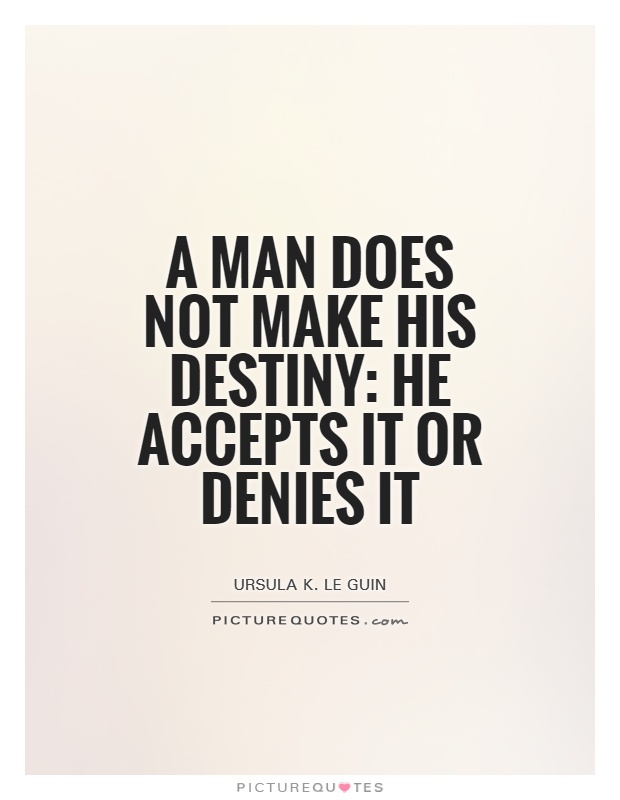
A man does not make his destiny: he accepts it or denies it
Ursula K. Le Guin, a renowned science fiction and fantasy writer, often explored themes of destiny, free will, and the power of choice in her works. One of her most famous quotes, "A man does not make his destiny: he accepts it or denies it," encapsulates the complex interplay between fate and agency that is a recurring motif in her writing.In many of Le Guin's stories, characters are faced with seemingly predetermined paths or destinies that they must either embrace or reject. The idea that one's destiny is not entirely within their control is a common theme in her works, challenging readers to consider the limits of individual agency in a world governed by larger forces.
One of the most iconic examples of this theme can be found in Le Guin's novel "The Left Hand of Darkness," where the protagonist, Genly Ai, must navigate a complex web of political intrigue and cultural differences on the planet Gethen. Throughout the novel, Genly is forced to confront his own biases and assumptions about the world around him, ultimately coming to realize that his destiny is not solely determined by his own actions, but also by the choices of others and the larger social structures at play.
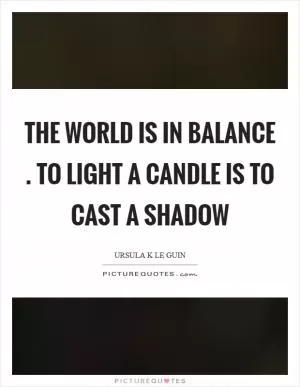
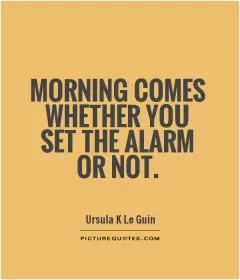
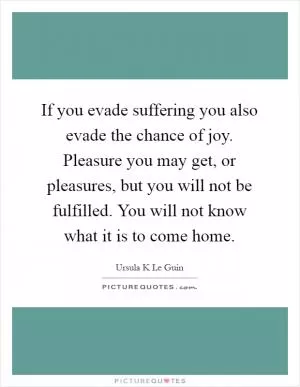
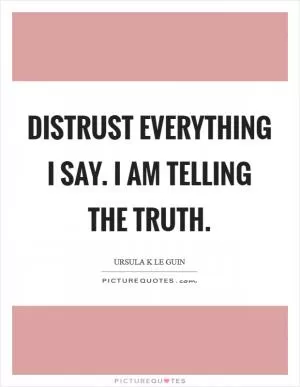
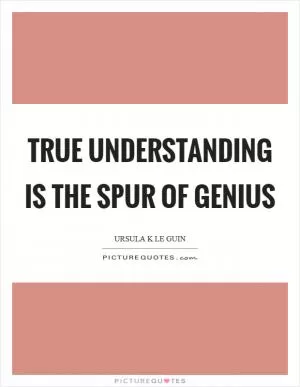

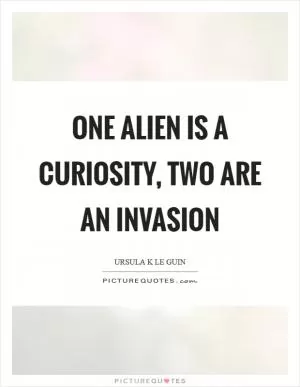
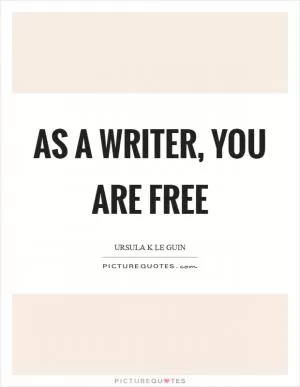
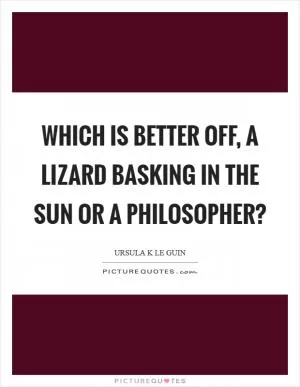
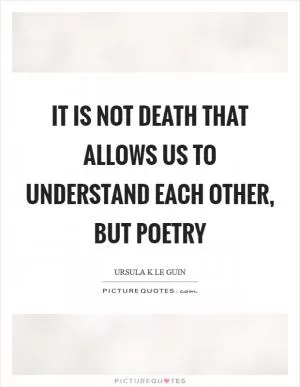

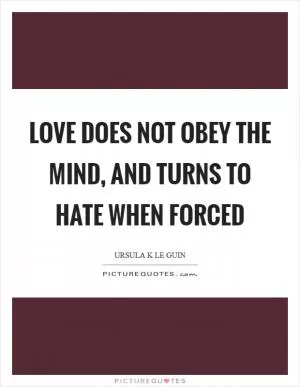
 Friendship Quotes
Friendship Quotes Love Quotes
Love Quotes Life Quotes
Life Quotes Funny Quotes
Funny Quotes Motivational Quotes
Motivational Quotes Inspirational Quotes
Inspirational Quotes